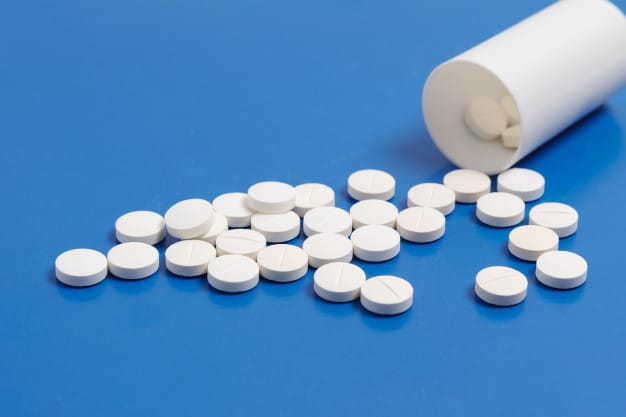
ScienceDaily recently reported on the promising findings by a team of researchers at the Huck Institute of Life Sciences at Penn State to tackle the increasingly important fight against antimicrobial resistance. According to Valerie Morley, a postdoctoral scholar involved in the study, a leading cause of antibiotic-resistant infections in the healthcare setting is Vancomycin-Resistant (VR) Enterococcus faecium. This opportunistic pathogen can colonize the gastrointestinal (GI) tract and cause sepsis and endocarditis when introduced to sites like the bloodstream or spine.
One of the few remaining antibiotics to effectively treat VR E. faecium is daptomycin – however these bacteria are quickly becoming resistant to daptomycin as well; particularly in those whose GI tract is colonized. When daptomycin is given systemically and reaches the gut, it allows the VR E. faecium to develop genetic mutations that increase resistance and causes the drug to be shed through fecal matter. To combat this, the scientists orally administered an adjuvant treatment called cholestyramine which is an FDA-approved bile-acid sequestrant.
Cholestyramine binds to daptomycin and acts as an “anti-antibiotic” to prevent the drug from being active the gut and thus reduces the likelihood of antimicrobial resistant organisms in the GI to develop resistance to daptomycin. This experiment in mice models resulted in an 80-fold reduction of the fecal-shedding of daptomycin. Amit Pai, the chair of the Department of Clinical Pharmacy at the University of Michigan states that current strategies such as combination therapy or reduced use of antibiotics do not translate well to interventions that can be used on an individual-level and believes that “reducing selective antibiotic pressure on bacteria that reside in the colon is a potential individual-level strategy that deserves greater attention.”



Comentarios recientes